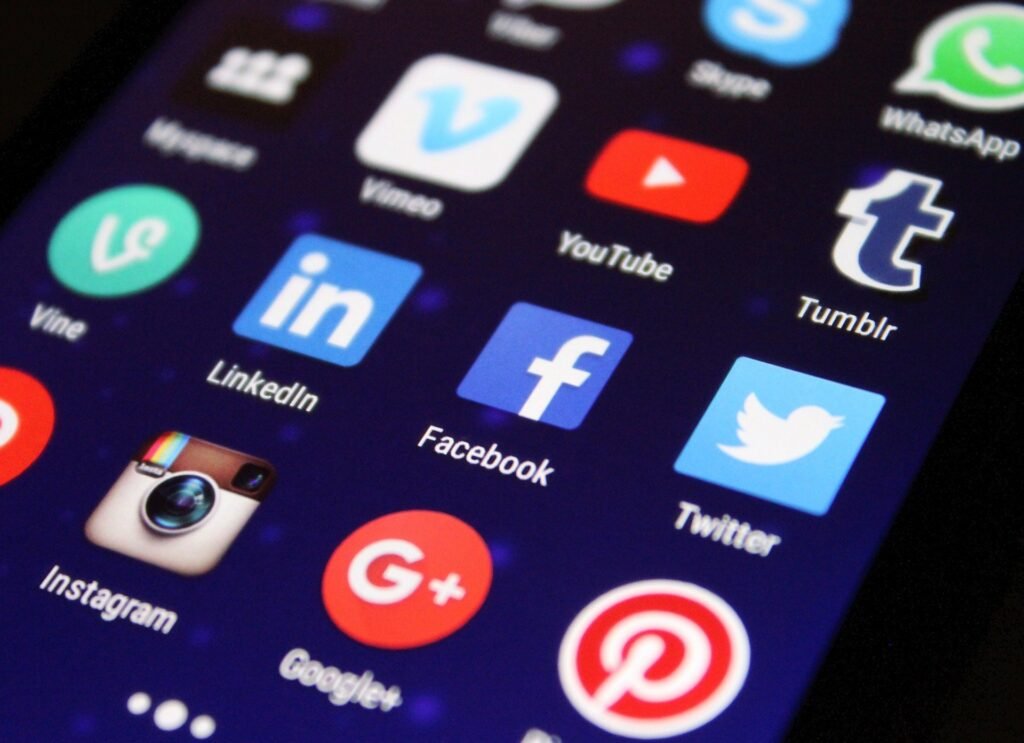Social media has become an integral part of our daily lives, offering a platform for connection, information sharing, and entertainment. However, a recent study conducted by researchers from the Center for Quantitative Health at Massachusetts General Hospital and Harvard Medical School has shed light on a potential downside of excessive social media use – increased irritability.
The study, titled “Irritability and Social Media Use in US Adults,” published in JAMA Network Open, focused on analyzing the relationship between self-reported social media use and irritability among American adults. The research team utilized data from the COVID States Project, a national survey conducted between November 2023 and January 2024, to gather insights into social media habits and levels of irritability among participants.
Irritability, defined as a tendency toward anger and frustration, has been linked to various negative outcomes, including functional impairments, mental health issues, and even suicidal behaviors. While previous research has primarily explored the connection between social media use and depressive symptoms, this study aimed to delve into the impact of social media engagement on irritability and its potential implications for mental well-being.
The survey collected data from over 42,000 participants, assessing their social media usage patterns, levels of irritability, as well as depression and anxiety metrics. Participants were asked about their frequency of social media use, with platforms such as Facebook, Instagram, TikTok, and Twitter/X being analyzed. The study also examined factors like active posting, political engagement, and political affiliation to identify any potential confounding variables.
Results from the study revealed a clear association between frequent social media use and higher levels of irritability among US adults. Participants who reported using social media most of the day scored significantly higher on the Brief Irritability Test, indicating a strong correlation between excessive social media engagement and irritability. Moreover, platform-specific analyses showed that individuals who posted multiple times per day exhibited the highest levels of irritability across all platforms, with TikTok users showing the most significant increase.
Interestingly, political engagement on social media, such as frequent posting or consuming political news, was also linked to heightened levels of irritability. While the study did not establish direct causation, the findings suggest a potential feedback loop relationship, where irritability may both drive increased social media engagement and be exacerbated by it.
Moving forward, further research is needed to explore the underlying mechanisms of this association and its implications for public health. Understanding the impact of social media on mental well-being, particularly in relation to irritability, can help inform intervention strategies and support healthier online behaviors. As we navigate the digital landscape, it’s essential to be mindful of our social media habits and prioritize mental health and well-being in the digital age.


